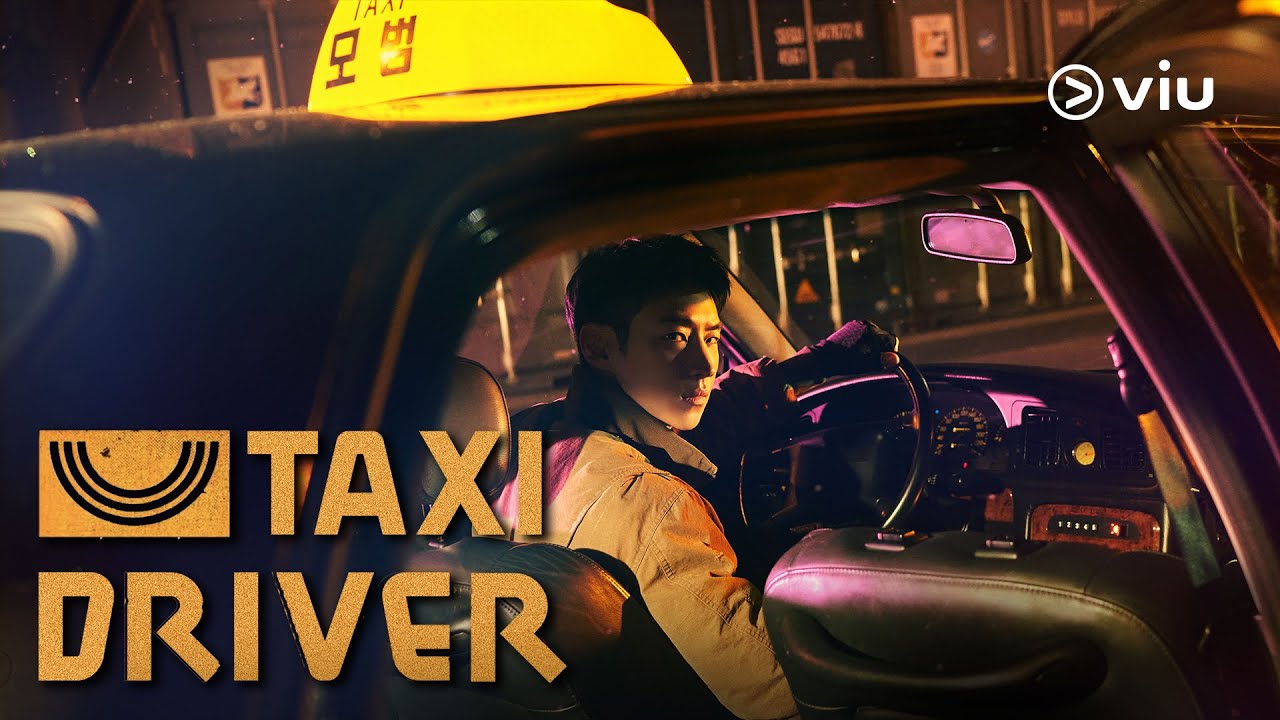
Taxi Driver (모범택시) revolves around a group of people who are dissatisfied with the justice system and take on cases that have been ignored or overlooked by the authorities. They help ordinary people who have been left behind by the law.
Taxi Driver (모범택시) features a star-studded cast, including Lee Je Hoon (이제훈) as Kim do Gi (김도기), Pyo Ye Jin (표예진) as Ahn Go Eun (안고은), and Kim Eui Sung (김의성) as Jang Sung Chul (장성철). Alongside them are regular and familiar actors such as Jang Hyuk Jin (장혁진) as Choi Kyung Goo (최경구) and Bae Yoo Ram (배유람) as 박진언 (Park Jin Eon).
Synopsis
Despite disbanding after Kim do Gi (김도기)’s successful revenge, the Rainbow Deluxe Taxi (레인보우 디럭스 택시) crew, including Jang Sung Chul (장성철), Ahn Go Eun (안고은), Choi Kyung Goo (최경구), and Park Jin Eon (박진언), can’t resist the call to reunite with their former leader. Though each attempts to live a regular life with a typical job, their innate desire to fight against injustice draws them back to one another. 1
Now fighting for more clients than ever before, the crew continues to battle on behalf of those wronged by an unequal society. However, their work draws the attention of a mysterious organisation. As they try to uncover the organisation’s identity and motives, the Rainbow Deluxe Taxi (레인보우 디럭스 택시) crew faces their toughest challenge yet. 1
Story
The narrative structure of Season 2 took on a more ‘serial’ approach, featuring an overarching storyline that developed with each episode leading to the finale. This was a shift from Season 1’s episodic structure, where each episode or two were standalone stories with little connection to an overarching plot.
This change in storytelling style left many viewers feeling conflicted about Season 2 during its first four episodes, as they had come in with expectations based on the previous season. However, the season ultimately proved to be a success, with each individual case presented in a way that could stand alone as a captivating story, while still maintaining a common thread that tied everything together.
In Season 2, just as in the previous season, many of the cases presented were inspired by real-life events in South Korea. However, the showrunners masterfully wove the fictionalized overarching storyline into these cases, creating a beautifully seamless blend of reality and fiction.
A true standalone sequel
Season 2 of Taxi Driver (모범택시) is a self-contained story that can be enjoyed by both new and returning viewers. Any references to the previous season were used sparingly as flashbacks to add depth to the characters and enrich the drama. It’s like watching a new show where some references to the past are used to help viewers understand the characters and their motivations.
Performance
The actors in Taxi Driver (모범택시) Season 2 delivered superb performances, demonstrating the same level of skill and commitment to their roles as in Season 1. Their acting was neither underwhelming nor over-the-top, striking a perfect balance that kept viewers engaged and invested in the story.
While there is always pressure to surpass the previous season, this can sometimes lead to overacting. However, the actors in Season 2 avoided this trap and remained true to their characters, bringing them to life with nuance and depth. Season 2 is more focused on the story arc than the individual characters, but the actors still managed to give their roles with the necessary emotions and complexity to make the show a success. Overall, their performances were outstanding, contributing to the overall quality of the show.
Production
Similar to the actors, the production team behind Taxi Driver (모범택시) Season 2 maintained the same level of quality and consistency as in Season 1. This decision to maintain a similar level of production was a wise one, as it ensured that Season 2 remained on par with the previous season. Rather than attempting to introduce new elements for the sake of being different or innovative, the production team focused on delivering the same high-quality visuals, sound, and overall presentation that made Season 1 such a success.
As a result, Season 2 of Taxi Driver (모범택시) was able to stand on its own as a powerful and engaging season, while still staying true to the look and feel of the franchise. It allowed the show to build on the success of the first season while still offering something fresh and new for audiences to enjoy.
Verdict
Taxi Driver (모범택시) is an outstanding season deserving nine (9) out of ten (10) stars. It was thoroughly enjoyable, and I am eagerly looking forward to Seasons 3 and 4!
Did I mention that there is a potential for a spin-off? One possible spin-off could be an eight-episode prequel, exploring the story of Ms. Driver, the first Deluxe Taxi driver.
Official trailer
[Trailer 2] Viu Original, Taxi Driver 2
Are those wedding bells that we will hear this season between Lee Je Hoon and Pyo Ye Jin or is it just part of their disguise?
The work shown above is Copyrighted to Viu Singapore.
Edited by CK Warrior from MyDramaList, based on Viu. ↩︎ ↩︎


